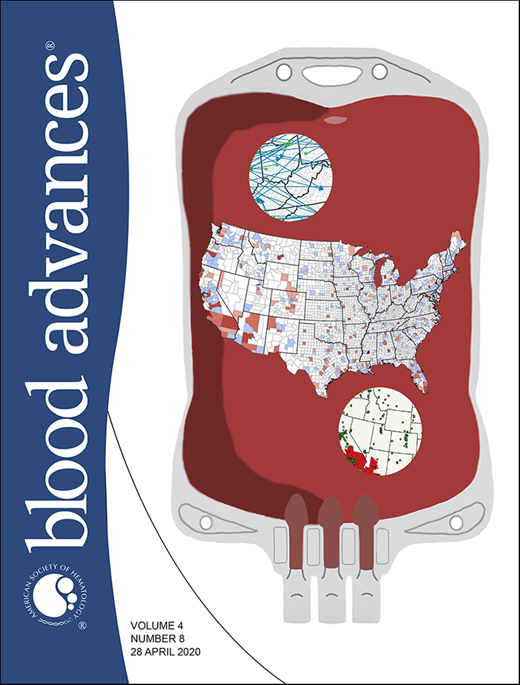
NMIN research co-leader Dr. Christan Kastrup and his research team find that soil silicates play a key role in blood clotting
Research led by Dr. Christian Kastrup and published in Blood Advances has found that soil silicates in wounds help activate a blood known as protein coagulation Factor XII. This protein, in turn, triggers the formation of a plug, sealing the wound and limiting blood loss.
Silicates are natural nanoparticles that are major components of soil and the most abundant material on the Earth’s crust.

“Excessive bleeding is responsible for up to 40% of mortality in trauma patients,” comments Dr. Kastrup. “In extreme cases and remote areas … sterilized soil could potentially be used to stem deadly bleeding following injuries.”
The study also found that the mechanism involved is unique to mammals that live predominantly or entirely on land.
“This finding demonstrates how terrestrial mammals, ranging from mice to humans, evolved to naturally use silicates as a specific signal to Factor XII to trigger blood clotting,” says Lih Jiin Juang, the study’s first author.
“It is amazing how the blood coagulation system has evolved to be able to respond to an environmental activator. These results will have a profound impact on the way we view our relationship with our environment.”
The researchers plan next to investigate whether the response of blood to silicates helps prevent infection from microbes in soil, and whether silicates from the moon’s surface also help stop bleeding.

Dr. Christan Kastrup is associate professor in the faculty of medicine’s department of biochemistry and molecular biology, and a scientist in Michael Smith Laboratories and Centre for Blood Research, both at the University of British Columbia (UBC). He also co-leads NMIN’s Gene Therapy research theme.

Lih Jiin Juang is a PhD student in the department of biochemistry and molecular biology at UBC.